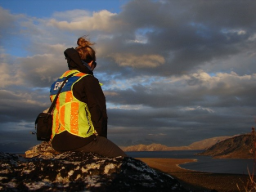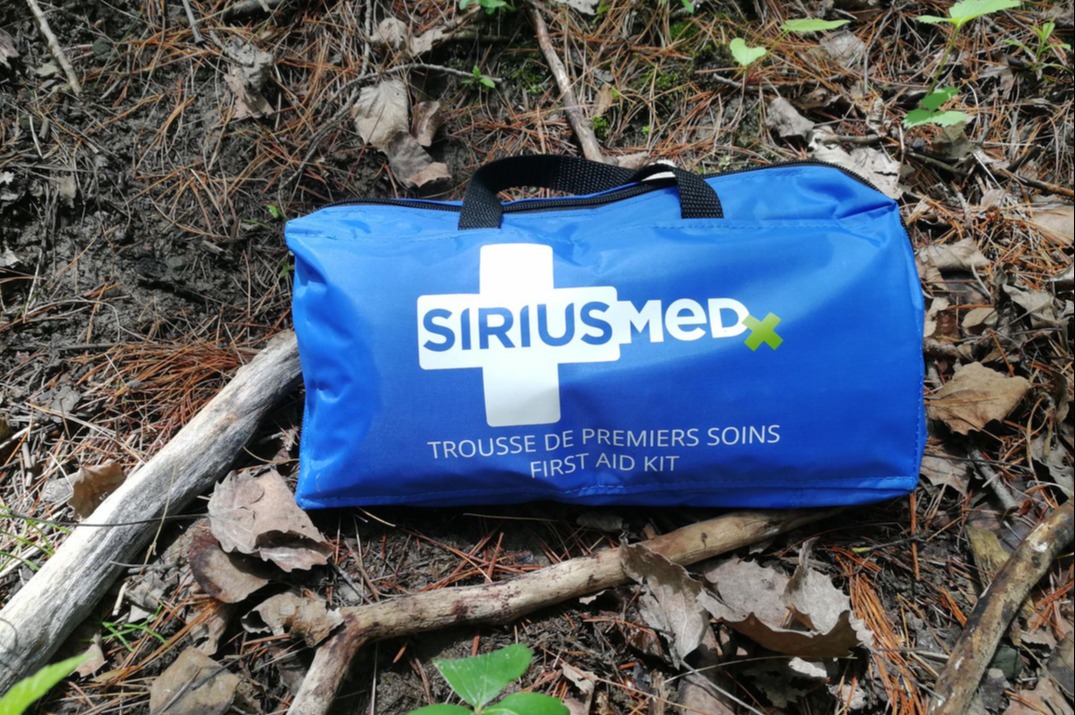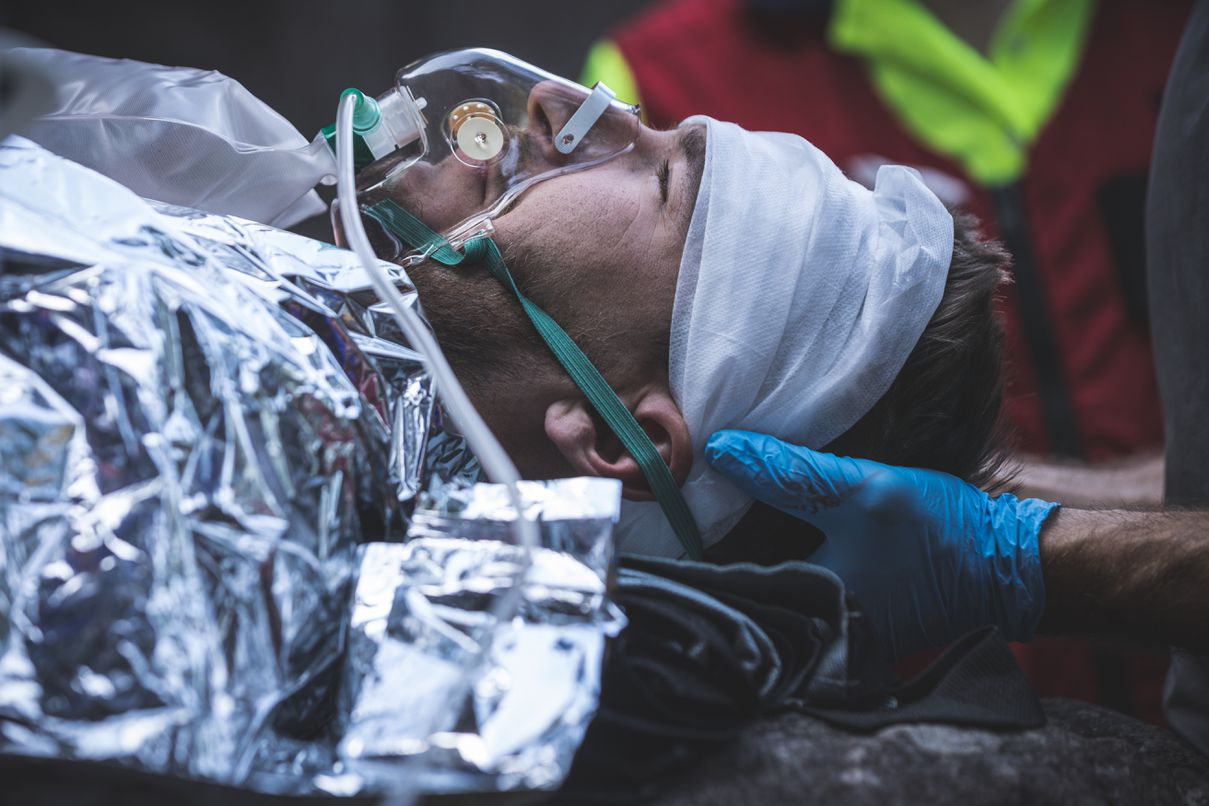As a doctor specializing in the oversight of industrial sites in remote areas, I have observed over the past few years a deterioration in the health of the workers who work at these sites. This observation is not merely anecdotal, but a daily reality. Workers, employers and their operations are needlessly exposed to risks due to lack of preparation or negligence. Instead of pointing fingers, let's focus our efforts on finding solutions. Experience teaches us that proactive collaboration between stakeholders is the key to a lasting solution.
A Shared Responsibility for Workers' Health
The health of workers in environremote ments is a collective challenge. Everyone benefits from playing a preventive role to minimize risks and maximize safety: 1
- Workers are expected to enter remote environments in an optimal state of health. This includes up-to-date vaccinations, recent dental care, and proper management of their medical conditions. Recent changes in medication, unattended hospitalizations or poorly stabilized chronic illnesses must be addressed before departure.
- Employers need to put in place clear and rigorous policies, such as “fit for work” programs, to ensure that every individual is medically fit to work in such a demanding environment. What's more, they must provide the necessary tools to keep workers healthy, including access to qualified professionals, adapted medical equipment and robust emergency plans.
- Health service providers, for their part, need to work with employers to identify and respond effectively to site-specific risks. This includes drawing up appropriate emergency plans, training on-site medical staff and coordinating with external healthcare infrastructures. A thorough knowledge of local health and logistical resources is also essential.
Employers' Duty of Care and Legal Risks 
Under Canadian law, employers have a legal duty of care towards their employees, which takes on even greater importance in the context of isolated regions. This duty means that the employer must take all reasonable steps to protect the health and safety of workers.
Failure to comply with this obligation may result in serious legal consequences, including:
- Fines and financial penalties under provincial and federal occupational health and safety legislation.
- Civil liability, in the event of injury or death resulting from a failure to meet prevention or response obligations. -
- Criminal consequences: under the Criminal Code (s. 217.1), an employer or manager can be held criminally liable for gross negligence resulting in injury or death.
Isolated environments amplify these risks. Delays in medical evacuations, communication limitations or lack of local resources can exacerbate the consequences of an accident if adequate measures are not taken in advance. It is therefore in employers' interests to prepare adequately, both to reduce operational risks and to comply with legal requirements.
Understanding the Unique Risks of Remote Regions
Working in remote areas has its own particularities compared to urban environments. The risks associated with a medical event are amplified: -
- Evacuation times:a simple medical emergency can turn into a critical situation due to the many constraints involved in organizing an evacuation to a hospital.
- Limited communications:although increasingly powerful, communication tools can sometimes be inadequate for coordinating complex interventions.
- Limited drugs and equipment: on-site medical resources are often limited and must be managed sparingly.
- Variable range of available expertise: Intervention capabilities differ depending on the care personnel present (nurse, paramedic, first responder), highlighting the importance of rigorous upstream preparation.
The uncertainties of nature and medical emergencies are a reminder of just how essential prevention is. A poorly managed or ignored chronic medical condition prior to arrival on site can quickly develop into a critical situation, endangering the worker's life and site operations.
Protect Workers' Health, Maintain Operations
The ultimate goal is clear: to safeguard workers' health while ensuring continuity of operations. This involves concrete, collaborative actions, such as :
- Rigorous pre-departure health assessments. -
- Open communication between workers and on-site carers.
- Medical monitoring tailored to the specific needs of workers in isolated environments.
- Careful planning to anticipate needs and risks.
A Humane and Responsible Approach
At SIRIUSMEDx, our mission is to protect the health of everyone under our care. But this responsibility cannot be assumed alone. It relies on a proactive partnership between all stakeholders. Together, we can create a working environment where health and safety are not compromises, but absolute priorities.
The next series of articles will explore these issues. It will propose practical and applicable solutions to improve the health and safety of workers in isolated regions.
I invite you to take part in this essential conversation for the well-being of all.


Worker Health in Remote Environments: A Collective Challenge for a Safe Environment